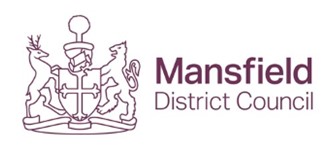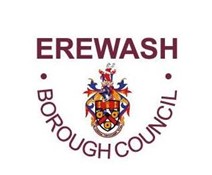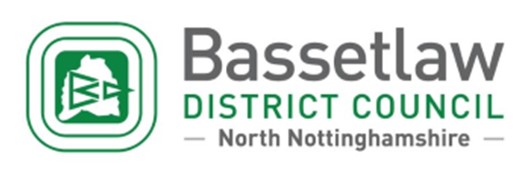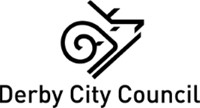Based in and around the ancient historic woodlands of Sherwood Forest, the 5G Connected Forest programme is led by Nottinghamshire County Council in partnership with academic researchers and local businesses.
With funding of £5m from the Department for Digital, Culture, Media and Sport (DCMS) Rural Connected Communities programme, matched by the consortium partners, the programme focuses on how 5G technology could support the tourism and environment protection sectors.
The 5G Connected Forest also works closely with Nottinghamshire’s new Digital Innovation Centre at the Worksop Turbine, which was developed with the support of £592,000 D2N2 funding from the Government’s Getting Building Fund.
Nick Mellors is the Project Lead at the Digital Innovation Centre, we recently spoke to him about the projects and two world leading pilots running in Nottinghamshire.
Using 5G to protect and promote areas of natural and cultural heritage
As the first forest in the world to pilot the technology, the 5G Connected Forest project explores the potential for deploying 5G in woodland areas like Sherwood Forest which contain highly designated heritage and conservation sites to explore the opportunities for the long-term conservation of the forest and woodland and also to enhance the first-hand visitor experience.
Early lessons from the project on the practicalities of working in this protected environment are already being shared with other rural projects around the UK, ensuring the benefits of innovation stay in tune with their environments.
Re-opening and recovery
2021 will see the re-opening of our visitor economy with an increased focus on both protecting and promoting the country’s natural and cultural heritage as well as on boosting the skills we need for future growth.
With plans to roll out the 5G careers programme across the county and the rest of the D2N2 area, and early trials of some really exciting new visitor experiences in the Sherwood Forest area; it will be fantastic to see the region take centre stage in the upcoming recovery.
Education and skills for local people
Also, in recognition of the impact of the technologies that 5G enables (like augmented and virtual reality, autonomous vehicles, Internet of Things, machine learning, haptics and nanotechnologies) will have on every future area of work; out of the Digital Innovation Centre we have developed the first skills and education programme to look at the careers opportunities 5G could bring.
Working with both business and computer science students at West Notts College the careers pilot includes setting them a real-world challenge (such as how to protect and promote Sherwood Forest, or how to create new opportunities for local businesses) to create their own 5G inspired ideas. The standard was impressive and winning entries included using drones to help protect remote woodlands, augmented reality remote control visitor attractions, as well as 5G connected waste bins which can monitor litter levels and help reduce fly tipping.
Through projects such as this, young people become aware of the careers and roles they can play in sectors not traditionally associated with technological innovation. The response from this pilot has been really positive, from students and tutors alike, and it has already attracted interest from other areas of the UK (and Malaysia!) looking to follow our lead.
About the author
Nick Mellors is the Director of Innovation Nottinghamshire, a not-for-profit company to inspire and showcase new innovations and opportunities for businesses and local people across the area.





























